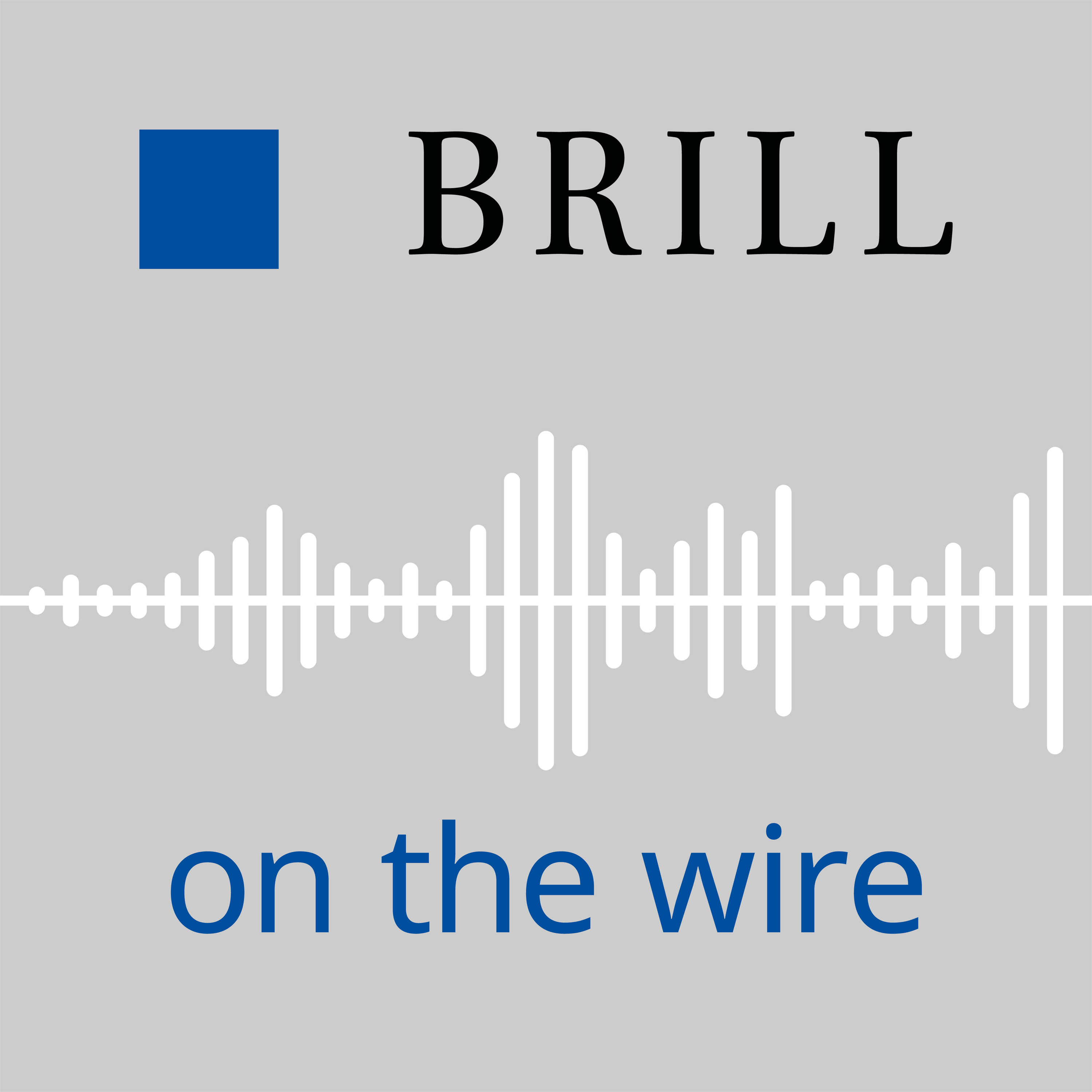Domenico Losurdo, "Nietzsche, the Aristocratic Rebel: Intellectual Biography and Critical Balance-Sheet" (Haymarket Books, 2021)The 19th century German philosopher Friedrich Nietzsche stands among the canon’s most-cited figures, with aphorisms dotting texts on a variety of topics, and his name evokes strong responses from almost anyone who has ever heard of him. His aphoristic and poetic writing style have made it difficult at times to understand what he meant, although the wealth of commentaries pulling him in a variety of different directions points to the fact that he did mean something. On the political right he has been credited as an influence among many reactionary political movements, but even on the left he is cited as an emancipatory figure, suspicious of the powers that be. Aside from these, his writings on art and psychology have remained influential for many. It would seem then that there are numerous Nietzsche’s one can pull from, and due to the loose nature of his writing, one would seem to be warranted in reading Nietzsche a bit more freely. However, that freedom and flexibility misses that there may in fact be a unifying thread to Nietzsche’s thought, and it may in fact be a much darker thread than many of his apologists have realized.
This is the main argument of the book we’ll be discussing today, Domenico Losurdo’s Nietzsche, The Aristocratic Rebel: Intellectual Biography and Balance Sheet. Originally published about 20 years ago in Italian, it has recently been delivered to English audiences by Gregor Benton and with an introduction by Harrison Fluss as part of the Historical Materialism book series. Clocking in at just over 1000 pages, it is both a literal and figurative bombshell, delivering a rigorous and systematic account of Nietzsche’s thought. A major part of the books length comes from the fact that Losurdo refuses to treat Nietzsche in isolation, and instead spends a large amount of time recreating Nietzsche’s various contexts, 19th century Germany and Europe more broadly, as a way of making the political orientation of Nietzsche’s thought all the more explicit. Through his investigation, Losurdo reveals a Nietzsche who is committed to fighting against the democratic movements happening all around him and being an advocate for a superior elite at the expense of everyone else, whose main purpose in life is to serve them.
Domenico Losurdo was an Italian Marxist historian and philosopher.
Harrison Fluss received his PhD in philosophy at Stony Brook University. He is a professor at Manhattan College, NYC and wrote the introduction to the English edition of The Aristocratic Rebel.
Daniel Tutt studied at American University and the European Graduate School. He teaches in the philosophy department at George Washington University. He reviewed The Aristocratic Rebel for Historical Materialism.
# Philosophy of Art and PsychologyKey areas influenced by Nietzsche's writings, which continue to be relevant in both political and cultural discussions.










